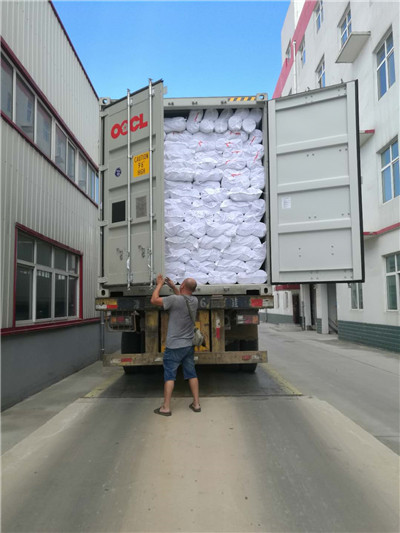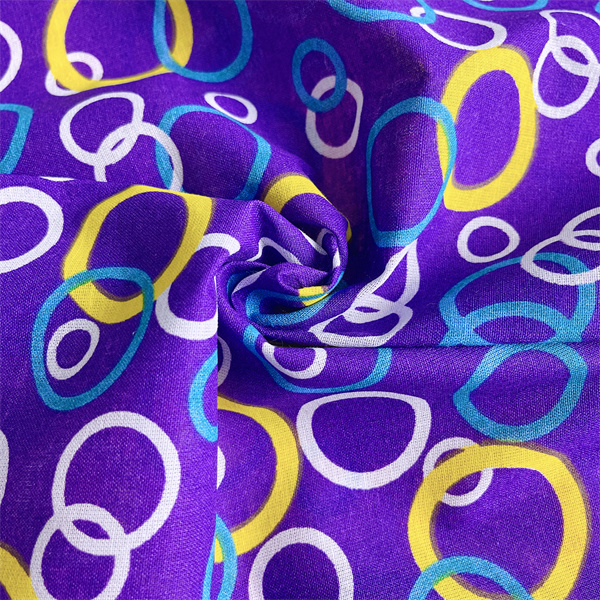Companies thrive off this same message – encouraging consumers to buy the next best-smelling perfume, hair oil, deodorant, laundry detergent, etc. But at what cost? Some household bloggers and experts have argued that the negatives outweigh the positives when it comes to fabric softeners and dryer sheets.
Fabric softeners are a household product that is added to laundry loads to help reduce wrinkles, prevent static, and make your clothes softer. They come in liquid, powder, or dryer sheet form, and often leave your clothes smelling fresh and clean after the wash. Rayon Grey Fabric

Research has shown that fabric softeners and dryer sheets work because they contain a coating of chemical compounds, often quaternary ammonium salt or oil-based silicone. The coating contains electrical charges that, when combined with the dryer’s heat, cause clothing threads to soften and wrinkles to fade. It also equalizes the ions of the clothing, ultimately reducing static electricity. Fabric softeners often contain fragrances and chemicals like phthalates or synthetic musks like galaxolide which make your clothes smell nicer – but with some pretty serious downsides.
There are several different reasons why fabric softeners are the ultimate household scam. This seemingly harmless product can actually do quite some damage to your clothing, your machines, your health, and the environment.
Fabric softeners and dryer sheets contain chemicals that cause clothing threads to soften and wrinkles to fade.
Studies have shown that after repeated exposure to the chemical coating in fabric softeners, clothing fibers become matted down. In fact, laundry blogs suggest avoiding using fabric softeners on athleticwear, moisture-wicking clothes, or towels because the waxiness of the product leaves a film on laundry and makes them less water resistant. The irony is that when clothes are less water resistant, they hold moisture easier and become susceptible to foul odors. This makes fabric softeners and dryer sheets the ultimate scam – while one of their main purposes is to freshen your load of laundry, this phony product instead causes your clothes to smell worse over time.
Aside from this, the oil-based quality of most fabric softeners proves to be problematic for many reasons. Firstly, if your machine is overfilled and clothes don’t have room to circulate freely, the oil-based coating can build up on laundry, which can both cause new stains and trap pre-existing ones. It has also been proven to make certain fabrics, like baby clothing, more flammable. For safety reasons, baby clothes are required to be treated with flame-resistant chemicals. However, when fabric softeners’ wax coating covers your laundry, it can drastically decrease its resistance to flames, making it more difficult for them to self-extinguish. Studies have shown that cotton, nylon, and polyester fabrics are most likely to be affected by this problem. If you frequently use fabric softeners, don’t worry, all hope is not lost. It’s possible that washing your clothes in detergent alone can restore the flame resistance and undo the damage of the fabric softeners.
Similar to how fabric softeners’ waxy, oil-based coating can damage laundry, it can also have negative implications on your laundry appliances. The chemical build-up that these products leave behind can impair your machine’s ability to drain properly and increase its susceptibility to clogging. It can also increase the possibility of mold growing in your machine. If you frequently use fabric softeners, be sure to clean your washer and dryer more regularly, especially the motor, pumps, and lint filter.
Fabric softeners contain chemicals like benzyl acetate, benzyl alcohol, ethanol, and more that are classified under law as carcinogenic, toxic, and hazardous to personal health. These chemicals have been scientifically proven to cause issues like dermatitis (skin rashes), asthma, or other allergy-like symptoms. As stated previously, fabric softener leaves a chemical residue on laundry, so the health hazard doesn’t end when you’ve finished removing your laundry from the machine. The chemicals linger on clothing and can cause health implications beyond the ones listed here. Be wary of this when using fabric softeners, especially if you’re susceptible to upper-respiratory irritation.
Fabric softeners contain chemicals that are classified under law as carcinogenic and toxic.
Not only are the chemicals in fabric softeners harmful to human health, but they’re also damaging to the environment’s health. The products that we use impact the environment that we live in on both a large and small scale, from the air we breathe to the water we drink. It’s important that we’re mindful of the types of materials we use because it will always end up back in our soil, air, or resources in some way. Many of the chemicals in fabric softeners are proven to damage not only plant life but animal life as well. With fabric softeners and dryer sheets being problematic on many fronts, it’s time to turn to some eco-friendlier, healthier, and less damaging alternatives.
Dryer balls are a common alternative to dryer sheets and fabric softeners which work just as well without all of the drawbacks. A dryer ball can either be made of wool, plastic, or rubber instead of chemicals, waxes, or oils. They dry, fluff, and soften laundry while reducing wrinkles and static by preventing items from sticking together. Dryer balls are eco-friendly and allergy-friendly. Unlike fabric softeners, they maintain flame resistance and won’t deposit a residue on your clothes. They’re also normally unscented, which is actually better for your overall clothing/linen longevity and health, as many scents and fragrances can cause allergic reactions.
If you want an easy and quick DIY dryer ball idea, Speed Queen suggests balling up aluminum foil, using tightly-woven wool, or even tossing a few tennis balls into your laundry load. Other alternatives for liquid fabric softener include a baking soda, vinegar, and essential oil mixture or even a hair conditioner concoction. These options will produce the same effect without the negative side effects that come along with store-bought fabric softeners.
Fabric softeners and dryer sheets are not all they’re advertised to be – in fact, they’ve been proven to be a pretty big scam. While they may smell nice and seemingly leave your clothes in better shape, it’s important to be cognizant of the downsides that products can offer as well. No company is advertising the harmful, dark side of their product, so I encourage you to conduct your own research into the products you use, from fabric softeners to makeup and everything in between. You’ll likely be surprised at what you discover.

Rayon Woven Fabric Love Evie? Sign up for our newsletter and get curated content weekly!